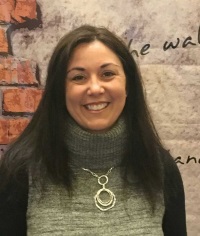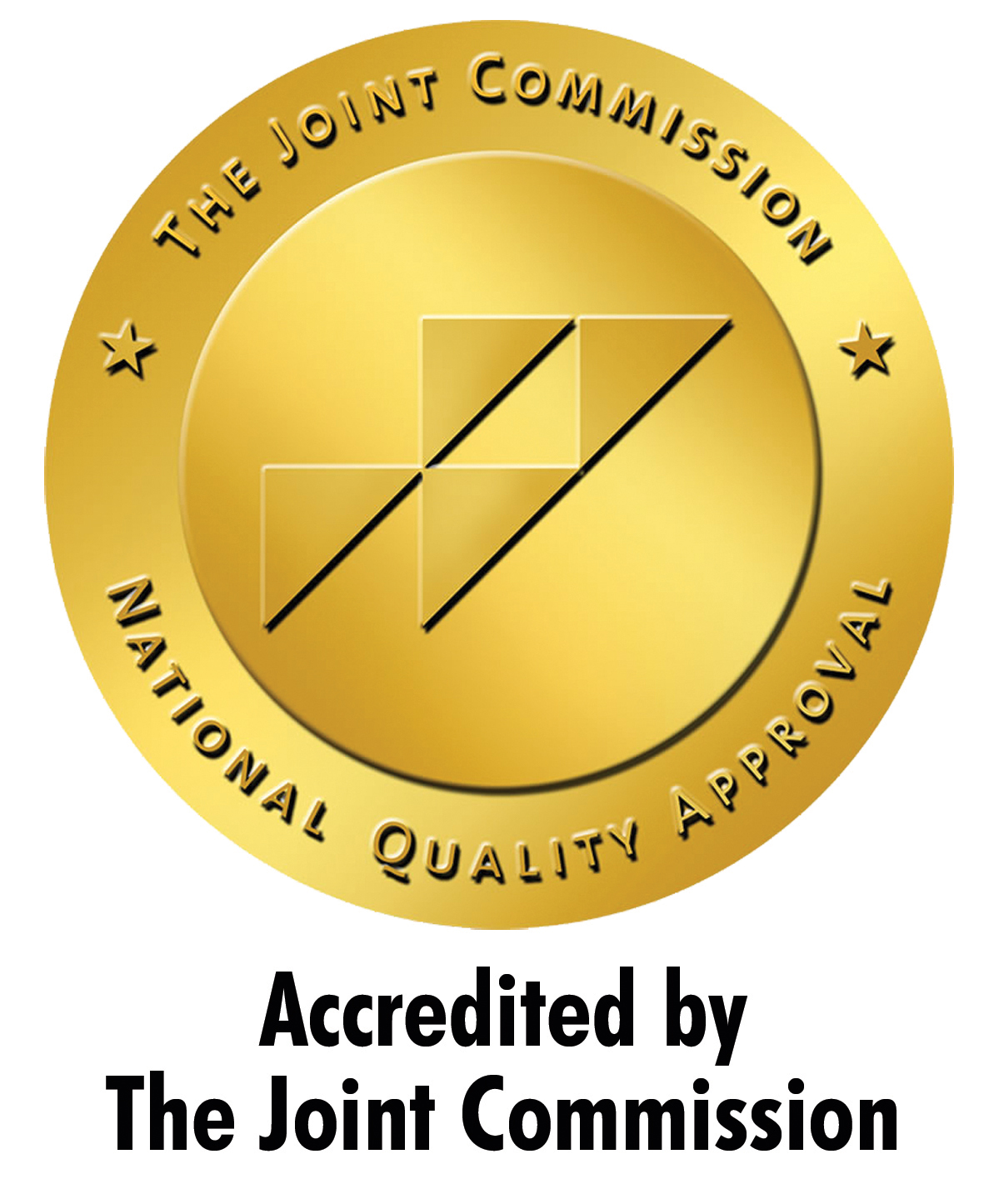Tips for Talking to Your Child About Drug & Alcohol Use
By Jodi Salvo, LSW, OCPSII
May 29, 2017Tips for Talking to Your Child About Drug & Alcohol Use
By Jodi Salvo, LSW, OCPSII, Director of the Prevention Services Department at Personal & Family Counseling Services
Never underestimate your role in keeping your teen drug free. Your voice matters more than you will ever know. Talking to your child about drug and alcohol use may not always be the easiest conversation, but it is absolutely necessary.
If you are fearful of what to say, how to say it or struggle with how you would answer the difficult questions your teen might ask about choices you made in your past, ask for help. Give Personal & Family Counseling Services Prevention staff a call at (330) 440-7320. When you call, you won’t need to give a name, and we can walk you through some ways to handle these issues.
Your kids need to hear your voice and talk to you about these issues. Research shows us that children whose parents talk about the dangers of alcohol, tobacco and other drug use are up to 50 percent less likely to use in the first place! When we think they aren’t listening to us, they actually are.
So what do you need to know about these conversations?
- Talk often and use teachable moments. They come up all of the time– while watching the news, listening to music, seeing advertisements or going to a movie where drug or alcohol use is glamorized.
- Be direct. Clearly state what your expectations are for your child. Make it very clear that you expect them to not use drugs or alcohol and why this is important to you.
- Talk to them about how to get out of bad situations, practice ways to say “no”, having your child practice saying “no” is critical.
- Agree on a phrase that your child can text that means pick me up right away.
In addition to talking often to your teen about the importance of being drug and alcohol free, don’t be naive and ever think “not my child.” Please know ANY child is capable of making a poor choice and one bad choice can take them down a path that neither of you would have ever anticipated. Therefore, I encourage every parent, grandparent and caring adult to seek out education on what risky behavior exists among teens in our area, what signs to look for and how to intervene and get help.
Learn more about addiction and how quickly a child’s undeveloped brain can become addicted. A great way to do this is to take advantage of the Tuscarawas County Anti-Drug “Hidden In Plain Sight” exhibit/presentation. If you would like to have this presentation brought to your church, parent group, or workplace, call Jodi Salvo (330) 440-7320.
« Back to Learning Center



